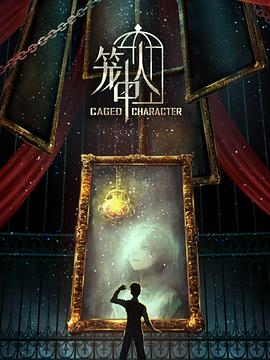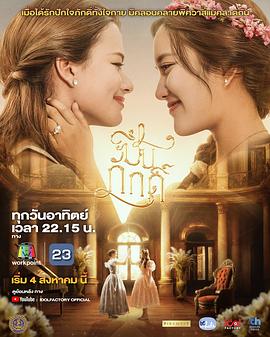Douglas Fairbanks spared no expense for what may be the most lavish fantasy movie ever made. Inspire[展开全部]
Douglas Fairbanks spared no expense for what may be the most lavish fantasy movie ever made. Inspired by the flying-carpet effects of Fritz Lang's somber but spectacular Der Müde Tod, Fairbanks (ever the canny businessman) bought the American rights, then hid the film away as he created his own show-stopping adventure, an adaptation of A Thousand and One Nights in which the magic-carpet ride was but one of many fantastic marvels. Swaggering through massive marketplace sets and cavernous throne rooms as an incorrigible thief and pickpocket, he scales towering walls (with the help of a magic rope) and leads a merry chase through crowded bazaars in his pursuit of loot--until he falls in love with the beautiful princess and vows to win her heart. This jaunty opening is but mere preamble to the spectacular second act. As three kings scour the globe to retrieve the rarest treasures known to man, the repentant thief embarks on an odyssey through caverns of fire and underwater caves. The marvelous special effects--from the smoke-belching dragon and underwater spider to the flying horse and magic armies arising from the dust--may show their seams but glow with a timeless sense of wonder. William Cameron Menzies's magnificent sets appear to have leapt from the pages of a storybook. As the adventure concludes in a torrent of movie magic that cascades nonstop through the breathless final hour, Fairbanks commands the screen with a hearty laugh and graceful athleticism, the cinema's first action hero triumphant. Kino's restored edition is tinted and features an organ score by Gaylord Carter. --Sean Axmaker[收起部分]
















